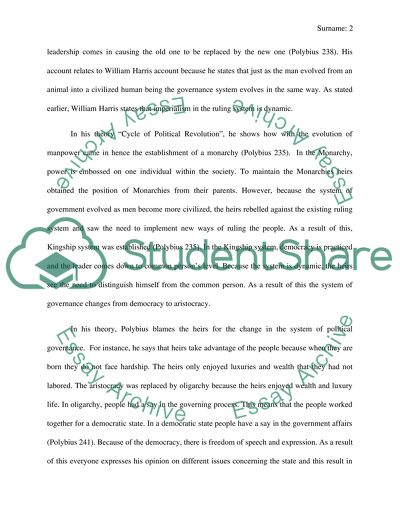Cite this document
(“To what extent do the narratives of Polybius and Caesar support Essay”, n.d.)
Retrieved from https://studentshare.org/history/1491602-to-what-extent-do-the-narratives-of-polybius-and
Retrieved from https://studentshare.org/history/1491602-to-what-extent-do-the-narratives-of-polybius-and
(To What Extent Do the Narratives of Polybius and Caesar Support Essay)
https://studentshare.org/history/1491602-to-what-extent-do-the-narratives-of-polybius-and.
https://studentshare.org/history/1491602-to-what-extent-do-the-narratives-of-polybius-and.
“To What Extent Do the Narratives of Polybius and Caesar Support Essay”, n.d. https://studentshare.org/history/1491602-to-what-extent-do-the-narratives-of-polybius-and.


